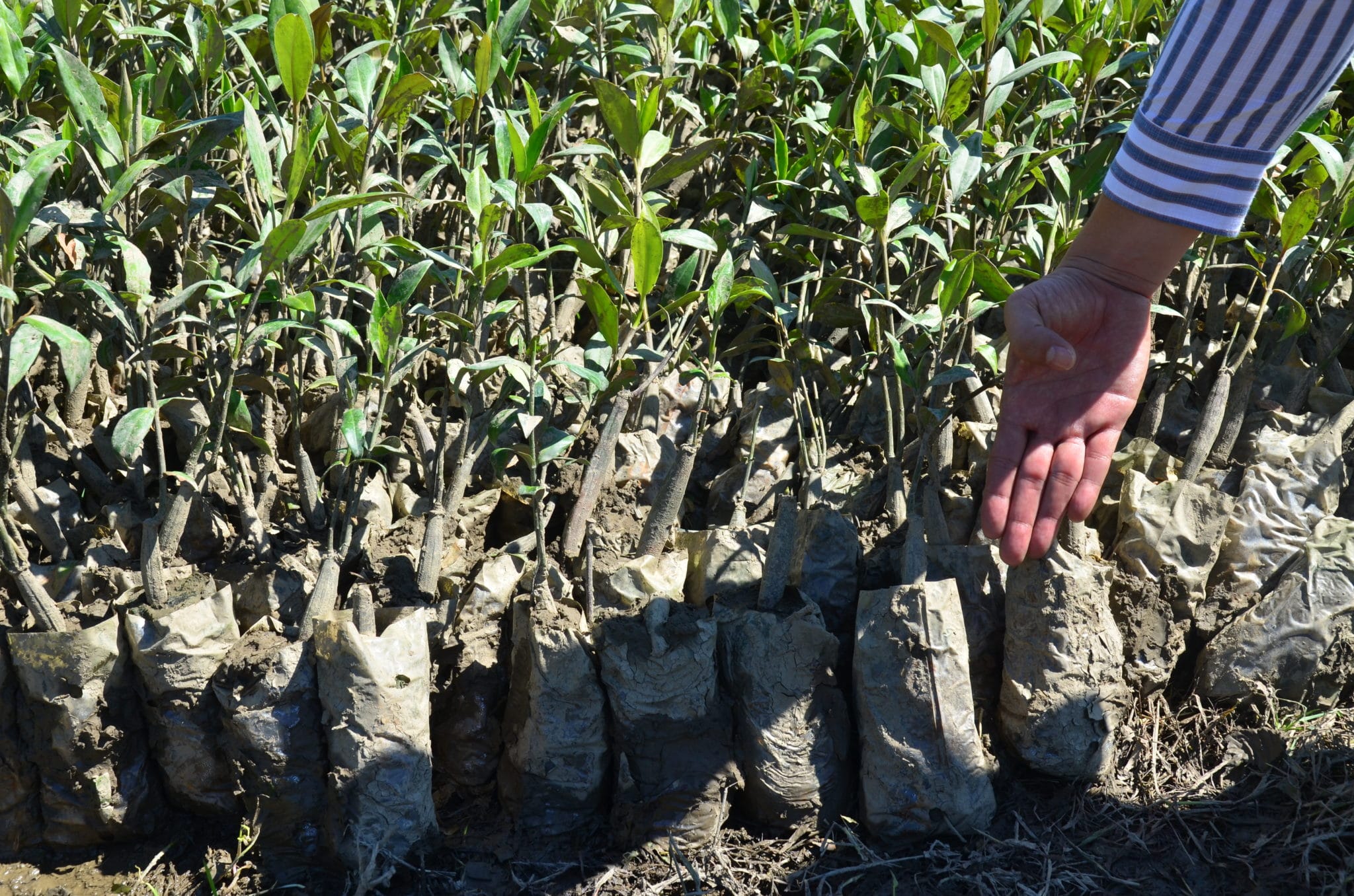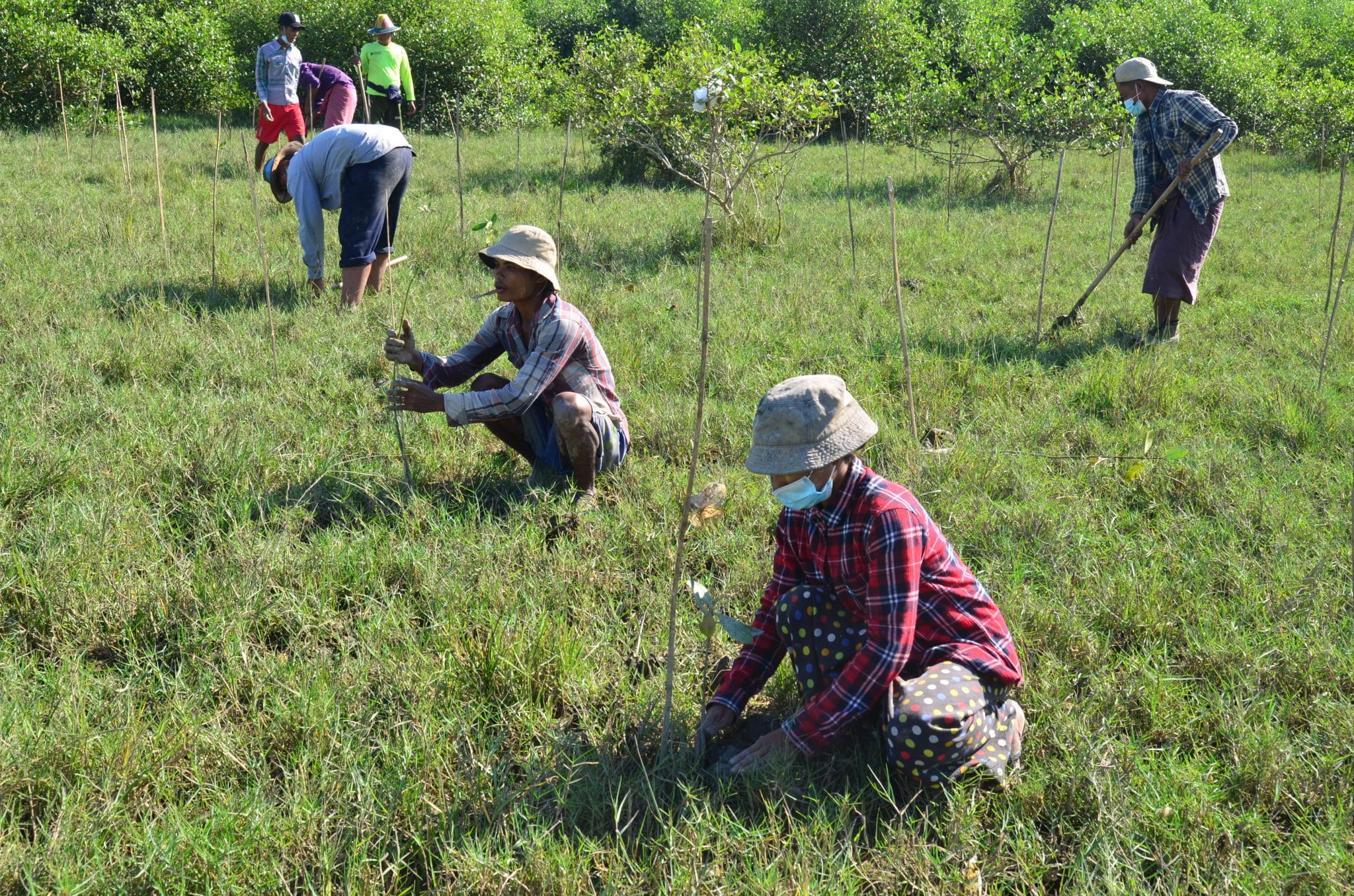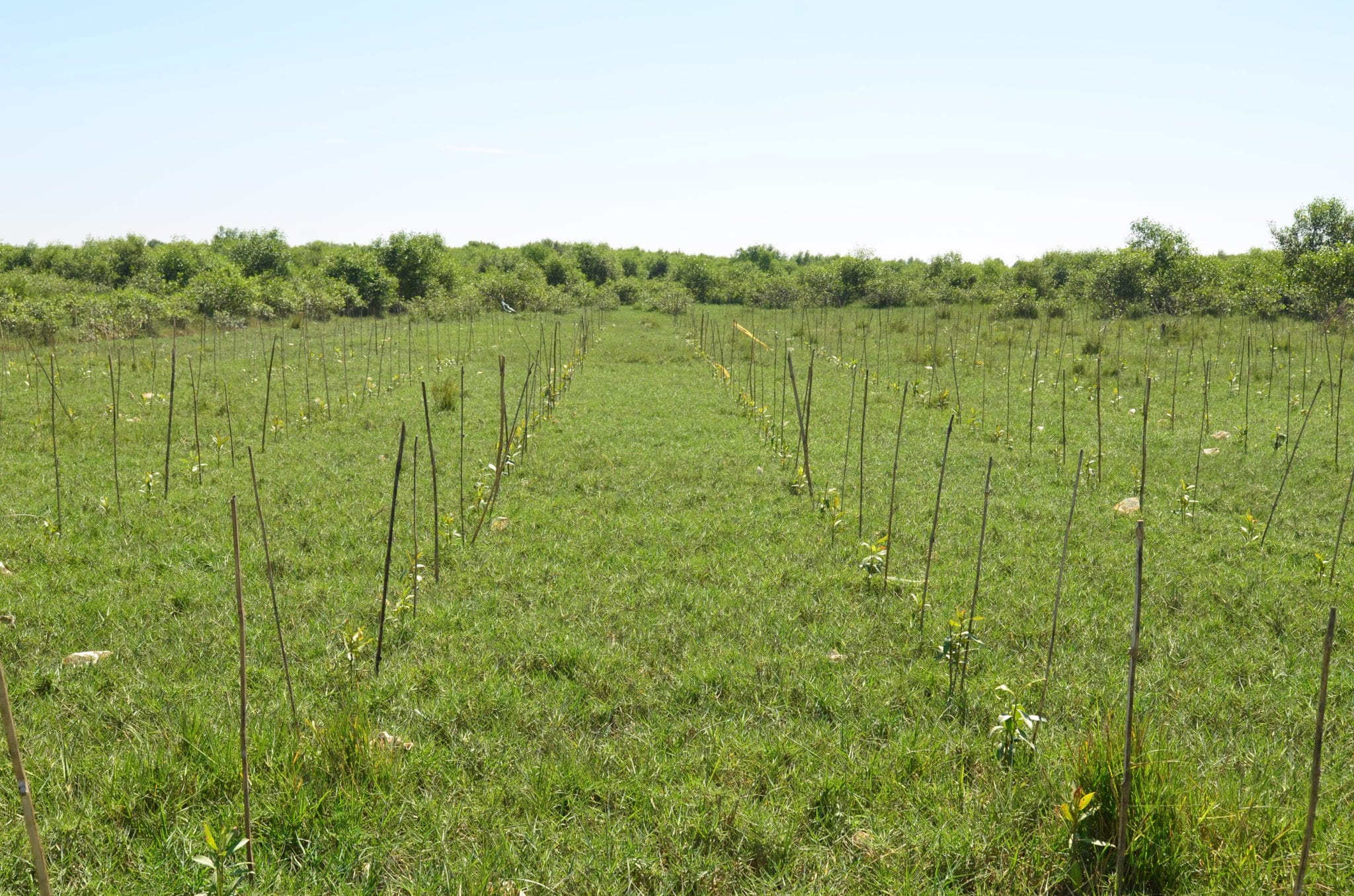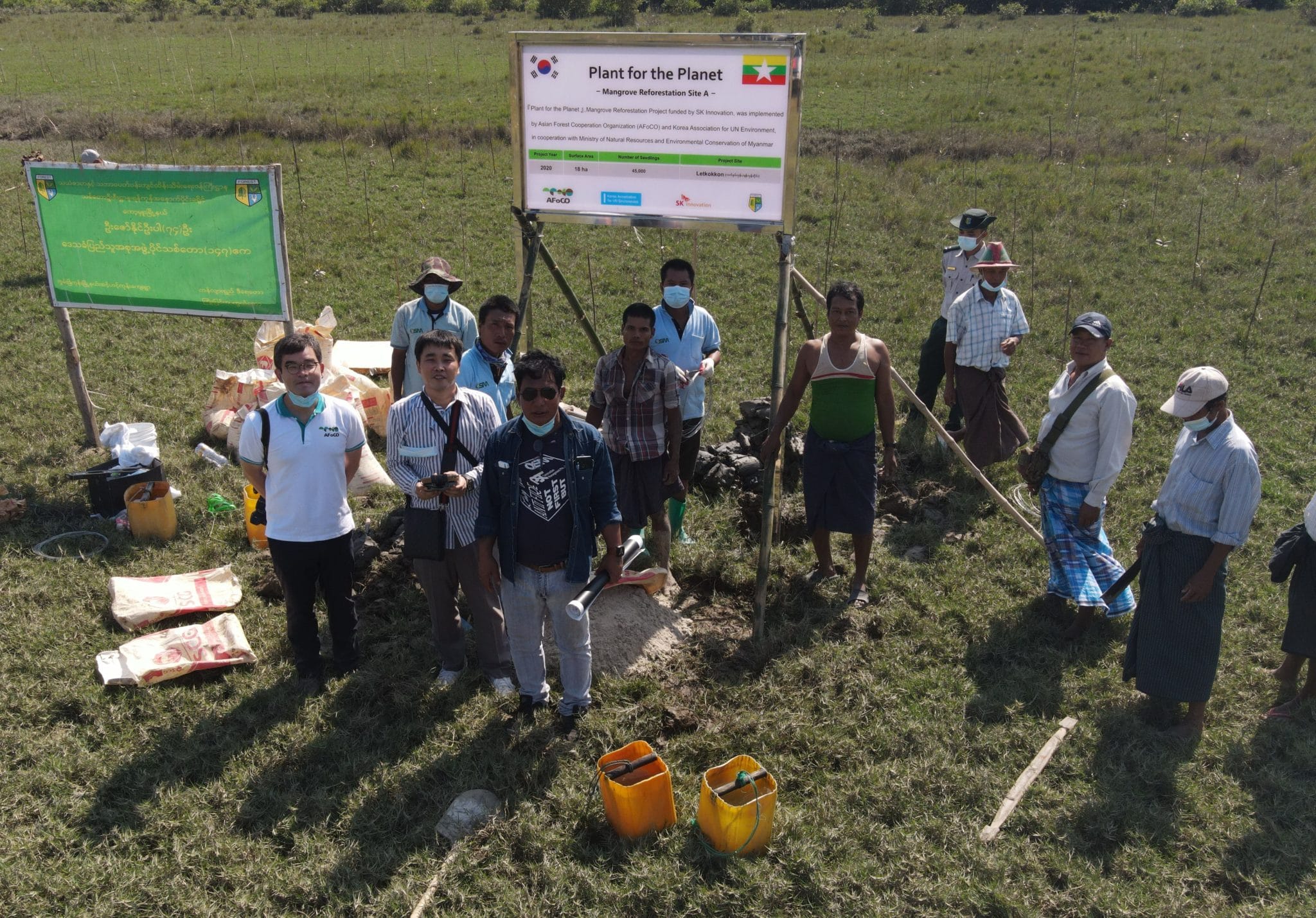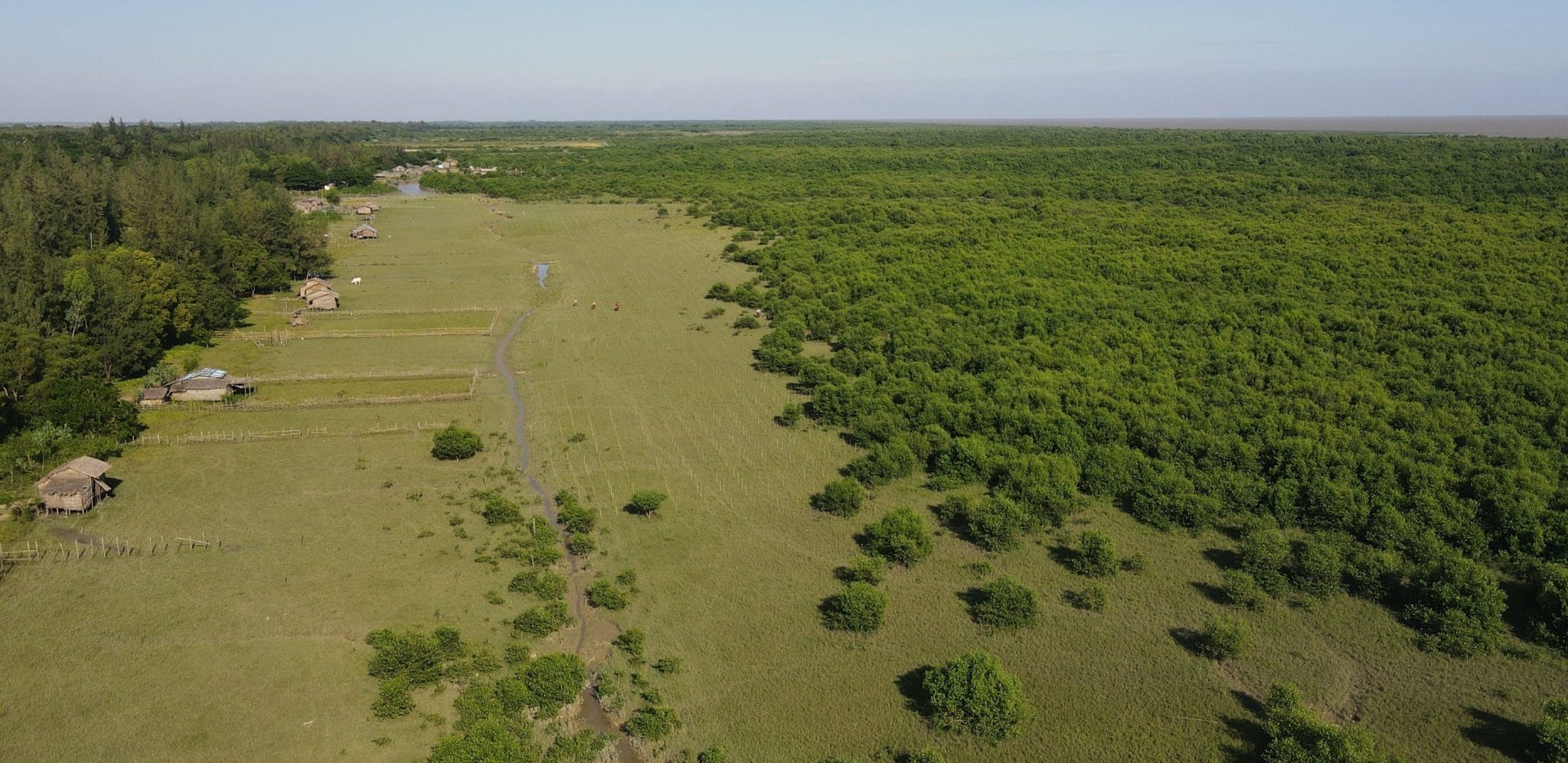Goals & Objectives
AFoCO joined hands with the Korea Association for UN Environment, a national committee of the UN Environment Programme, to carry out mangrove restoration in Letkokkon Village, Kawhmu Township, Yangon Region, Myanmar. Funded by SK Innovation, the ‘Plant for the Planet‘ mangrove restoration project was implemented in cooperation with the Ministry of Natural Resources & Environmental Conservation of Myanmar. The objectives of the project are to:
- Enhance the capacities of local communities to deal with the impacts of climate change, and
- Increase income generation opportunities to local communities through the restoration of degraded mangrove forest lands.
During the 5-month project period, the planting of mangrove seedlings was carried out by members of local communities under the supervision of officials from the Forest Department as well as the AFoCO Secretariat. Three rounds of monitoring exercises were also carried out to check on the planting progress, provide updates on project implementation progress, and identify any corrective actions needed.
Outputs
The 18ha mangrove planting was successfully conducted from 31 October to 27 November 2020, with a total of 45,000 mangrove seedlings of four species planted by 60 local people from nearby communities. 18 ha of mangrove forests in the project site in Myanmar and help build the capacities of local communities to cope with natural disasters, in efforts to respond to climate change and secure biodiversity in the region. The species planted are as follows:
- Soneratia apetala (Kam-Pa-La) – 5,000 seedlings
- Rhizophora apiculata (Byu-Chay-Htouk (A-Pho)) – 10,000 seedlings
- Bruguiera gymnorhiza (Byu-Oke-Saung) – 15,000 seedlings
- Bruguiera sexangula (Byu-Shwe-Wa) – 15,000 seedlings
Following the completion of the planting activity, the ceremony was organized to commemorate the mangrove reforestation project in Myanmar on 4 December 2020. Some 30 participants from the AFoCO RETC, Myanmar Forest Department, and local communities attended the event. Follow-up management for the project was conducted on 21 December 2020 to plan for future monitoring and site management activities. 100 dying seedlings have been replaced with the vital mangrove seedlings and the weeds around the all planted seedlings were controlled to guarantee the initial growth phase.
